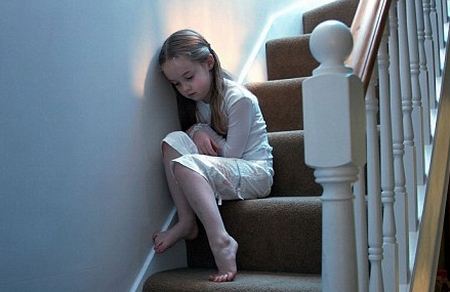
In 2014, more than 1.1 million drivers were arrested for a DUI case. Today, this kind of cases are becoming more and more prevalent.
DUI cases may seem like a light situation, but they’re serious and can cause damages in most if not all aspects of a person’s life. Aside from the financial consequences, offenders would also have to deal with the emotional and psychological problems after the event. To minimize the heaviness of the emotional and psychological aftershocks that come with DUI cases, you will need to take the steps indicated below:
- Share your problems with your family and friends.
Whether you are guilty or not, your family and friends will always be by your side to support you. You might be embarrassed by the trouble you have gotten yourself into, but you shouldn’t think twice about sharing your problems with your loved ones. Certainly, they will support you no matter what. Your family and friends are your perfect source of love and support.
- Discuss with your attorney.
Your attorney is your best friend while you’re dealing with your DUI case. Together, you’re a team. Your problems are his/her problems as well. In addition, your attorney is one of those whom you can share your problems with regarding your DUI case. After all, you have been with your attorney throughout your case. You have already made a connection between each other. Even after the case, feel free to share your emotional and psychological issues with your lawyer.
However, finding this kind of attorney is difficult. Of course, not all lawyers are equally supportive of their clients’ emotional and psychological status. You can find a supportive Rockford Illinois DUI Accident Lawyer at the right law firm.
- Seek a support group.
In some cases, a judge may order an offender to attend meetings as part of his/her sentence. If this has been your case, you shouldn’t really consider this as a bad thing. Instead, you must be open as these meetings might just give you the support you need.
- Try therapy.
If you’re not getting enough support from any of your family, friends, or communities, you might want to seek professional help and get the right therapy. In addition, therapies help a lot especially if you really have problems with alcohol abuse.
- Consider going to rehab.
In situations of repeated DUI offenses, you might want to consider rehabilitation. Repeated DUI offenses can be a sign of a serious problem such as alcohol addiction or substance abuse disorder. If you’re in these kinds of situations, you will most likely need rehabilitation.
Final Thoughts
Whether it’s your first-time DUI offense or your thrice, the aftershocks of a DUI case may still be financially, emotionally, and psychologically damaging to you, your family, and your friends. Always remember that you are not alone. Don’t be afraid to share as you can have all the support that you need from your loved ones.